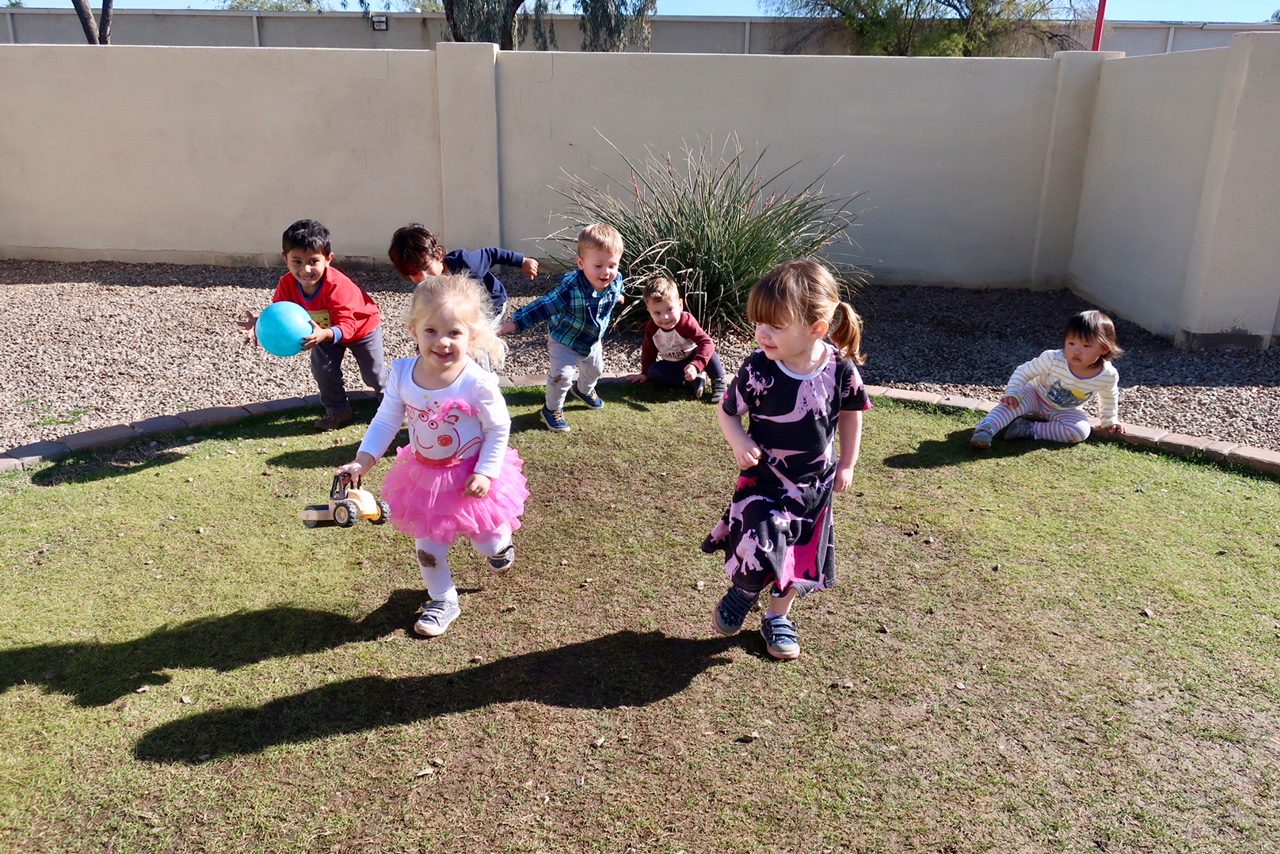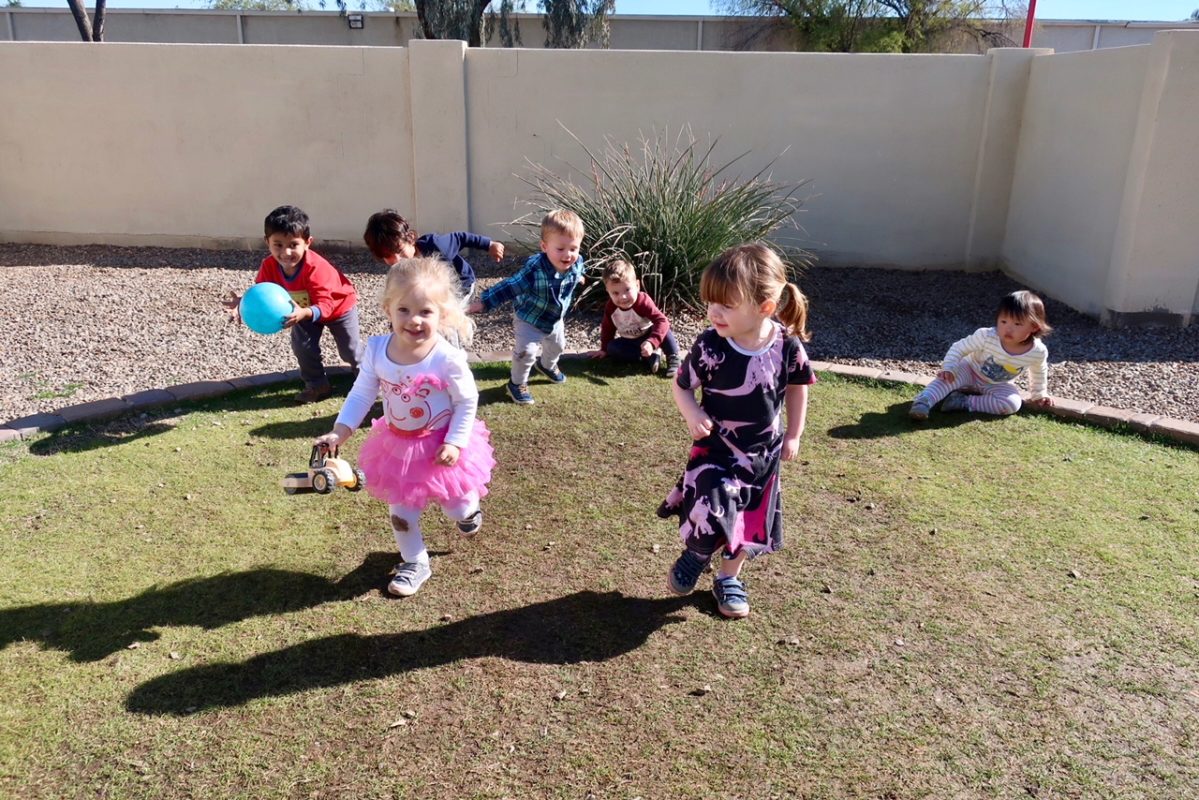Our children are much wiser than we might think. While they are learning and absorbing everything around them, they are incredibly smart and able to complete many tasks that might surprise you. “Never help a child with a task at which he feels he can succeed,” said Maria Montessori. These words are still true today. Our children are eager to explore and they thrive on independence. A recent study shows that preschool-aged children begin to have a sense of self esteem. “Some scientists consider preschoolers too young to have developed a positive or negative sense about themselves. Our findings suggest that self-esteem, feeling good or bad about yourself, is fundamental,” said co-author, Andrew Meltzoff, co-director of I-LABS. “It is a social mindset children bring to school with them, not something they develop in school.” By allowing our children to complete tasks they believe they can complete, we are helping them develop stronger self confidence and self esteem. Here are some more ways that we, as parents, can help our children grow into confident adults who believe in themselves.
 Your child’s healthy sense of confidence all starts with you believing in them. If your child approaches you and tells you they are going to be an astronaut, it’s important to take them seriously. While they might end up choosing a different career path, in this moment, they believe they are going to explore the galaxy. By acknowledging their dreams and ambitions, you are validating their feelings. If they’re interested in space, read books about rockets and stars. Create space-themed crafts and let them decorate their room with planets and constellations. Next week, they might come to you and tell you they want to be a firefighter and you’ll need to start the process over again. If your children feel like they are being heard and taken seriously, it will help them develop an overall sense of feeling like their dreams are important.
Your child’s healthy sense of confidence all starts with you believing in them. If your child approaches you and tells you they are going to be an astronaut, it’s important to take them seriously. While they might end up choosing a different career path, in this moment, they believe they are going to explore the galaxy. By acknowledging their dreams and ambitions, you are validating their feelings. If they’re interested in space, read books about rockets and stars. Create space-themed crafts and let them decorate their room with planets and constellations. Next week, they might come to you and tell you they want to be a firefighter and you’ll need to start the process over again. If your children feel like they are being heard and taken seriously, it will help them develop an overall sense of feeling like their dreams are important.
This one is going to be tough for parents. Sometimes, you need to let your child fail. It is in our instincts to want to protect our children, but in order to learn, they must make mistakes and grow from them. When you think about it, if someone breezes through their childhood without any conflict, they won’t know how to handle it when they are older. For example, if a bigger kid on the playground won’t share a toy with your child, it might not be the best idea for you to intervene. See if the children can work it out between themselves. Your child needs to learn that not everyone they meet in life will want to play or share nicely. It’s important for their emotional development that they learn how to either negotiate with the other child or find something else to play with. Another example is if you constantly tell your child to stop climbing or jumping on the couch, if they fall, they might finally realize why you have been asking them to stop all along.
Try to focus more on your child’s character than their physical attributes. While it won’t hurt to tell your child how cute or lovely they are, try complimenting them on how intelligent, witty, or kind they are. By focusing on your child’s personality strengths, it will help them grow more confident in themselves as a person, rather than only feeling confident in their appearance.
Be a role model. You need to walk the talk. Exhibit a strong sense of confidence, kindness, and stability for your children and they will want to be just like you. If you they hear you say things about yourself that are self-degrading, their inner voice might say the same things to them. Speak kindly about yourself and your family, and your child will follow in your footsteps.
It’s incredibly important to listen to your children, validate their feelings, and lead by example. By doing this, you will promote healthy self-worth and your children will forever carry a valuable sense of confidence.

